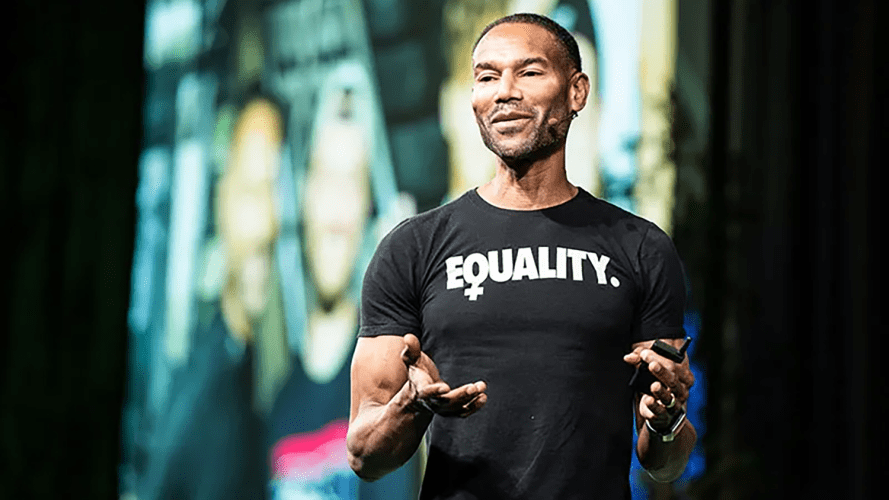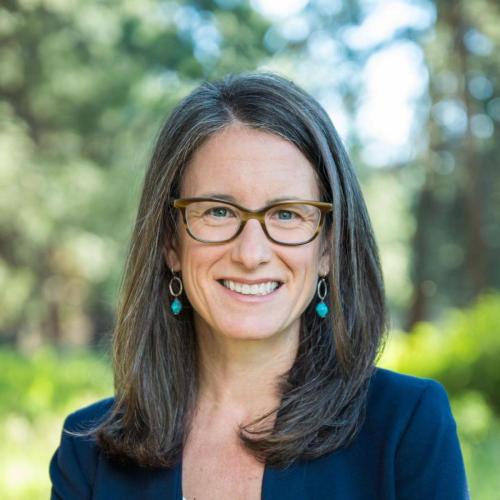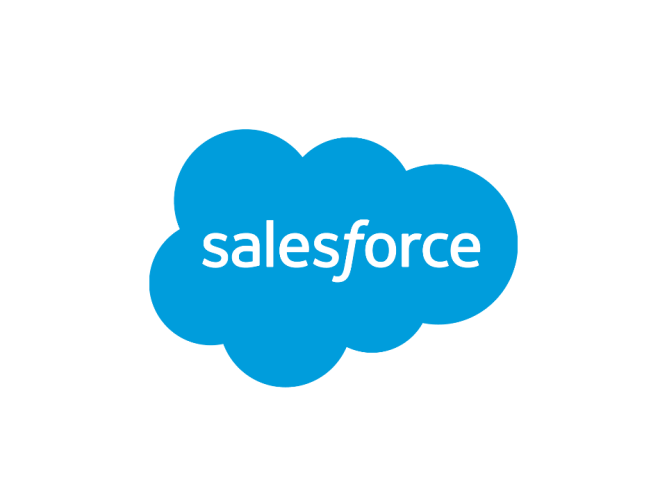
6 Ways AI is Already Revolutionizing Education
Here’s how a philanthropic initiative at Salesforce is closing the AI access gap by providing flexible funding, pro bono expertise, and technology to organizations.

What Is Dreamforce? Everything About Salesforce’s Annual Event
Dreamforce is far more than just a conference — it’s a can’t-miss, immersive experience. Learn how Dreamforce will change the way you think about business and innovation.

What does a Purpose-Driven Company Look Like? 5 Ways Brands with a Purpose Make Positive Impact
This post was originally published on 7/28/2019 and updated on 8/5/2022. These days, purpose is becoming increasingly mainstream. You’ll find it sprinkled throughout your social media feed and making headlines at the Cannes…

Introducing The Grant Content Kit from Salesforce.org Impact Labs
Climate change is one of the most pressing issues of our time. The urgency around our climate is high, and the rallying cry is clear: We have to act. Now. We responded by…

Ordering Snacks? How Data Helps Kellogg Fill Your Cart
The food producer uses advanced analytics to suggest products that maximize shelf revenue for its retail customers.

How Your Company Can Show Leadership on Giving Tuesday
Celebrated on the first Tuesday after Thanksgiving, Giving Tuesday is an international day of charitable giving. Here’s why it’s as important to your marketing strategy as Black Friday or Cyber Monday.

How to Build Your Personal Brand And Get Ahead
Kyra Kyles, CEO of YR Media and former editor in chief of Ebony magazine, joins Salesforce Chief Philanthropy Office Ebony Beckwith on the season two premiere of #BossTalks on Salesforce+.

Ecopreneurs Are Leading a New Age of Net Zero Businesses
Being a business and operating with purpose are not mutually exclusive. Two ecopreneurs tell how it’s done.

DEI Strategies to Diversify Your Fundraising Approach
Diversifying your donor base has two meanings: to ensure your revenue comes from a variety of sources so that your organization can better weather economic fluctuations, and to ensure your donor base reflects…

5 DEI Strategies for Nonprofit Fundraising Success
The same historical and cultural structures that have held back diversity, equity, and inclusion (DEI) in so many aspects of our lives are also mirrored in much of the nonprofit sector. In the…












